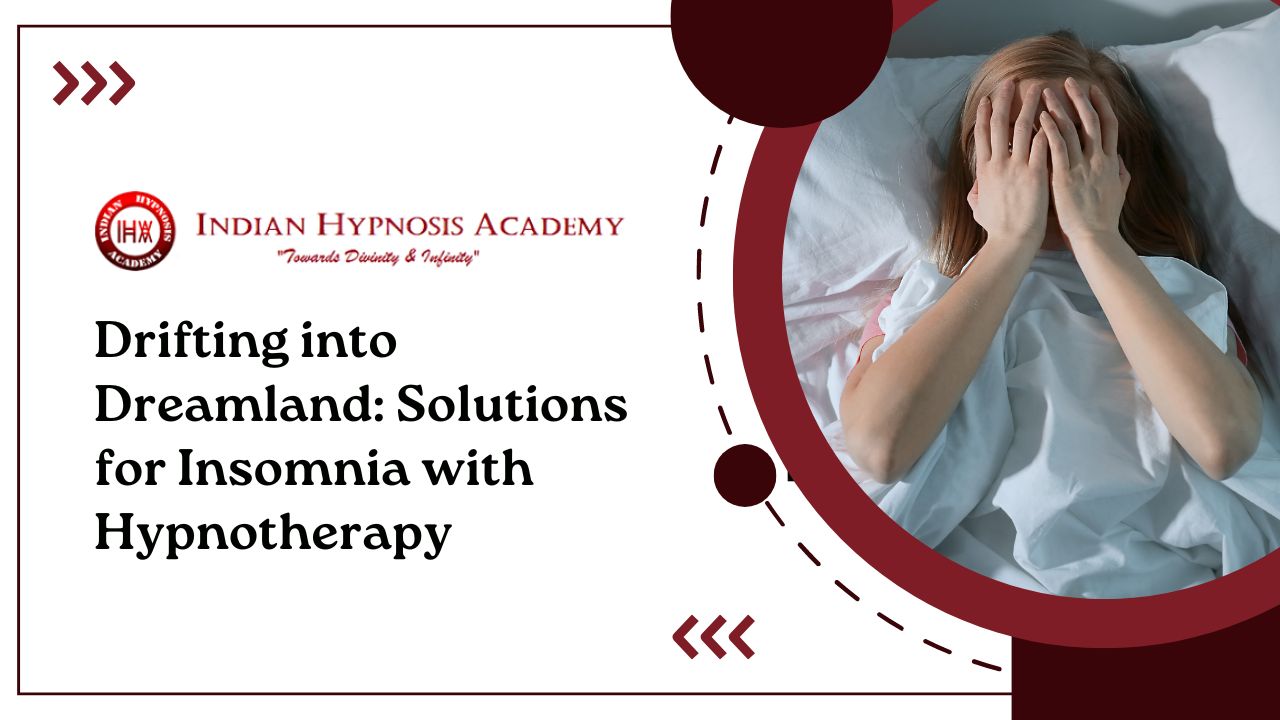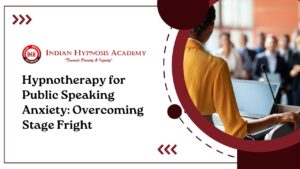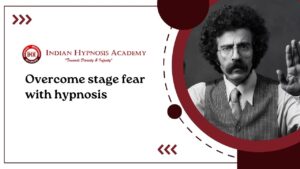Sleep. It’s something we all crave, yet so many of us struggle to find it. If you’ve ever tossed and turned at night, staring at the ceiling while your mind races with thoughts, you’re not alone. Insomnia affects millions worldwide, turning peaceful nights into restless battles. The frustration can be overwhelming as traditional remedies don’t always provide the relief we seek.
But what if there were a different approach? An alternative method that taps into the power of the subconscious mind? Enter hypnotherapy—a practice that offers hope for those yearning for a good night’s sleep. Let’s explore how this fascinating technique can help you drift off into dreamland and reclaim your restful nights once more.
What is Insomnia and Common Causes
Insomnia is more than just a simple inability to sleep. It’s a complex condition that can leave you feeling exhausted, irritable, and frustrated. People with insomnia often find it difficult to fall asleep, stay asleep, or wake up too early without the ability to go back to sleep.
There are various factors contributing to this common issue. Stress and anxiety frequently play significant roles in disrupting our natural sleep patterns. Everyday worries about work, relationships, or health can keep your mind racing long after bedtime.
Physical conditions also contribute significantly. Chronic pain, respiratory issues like asthma, and even hormonal changes can interfere with restful slumber. Lifestyle choices—such as excessive caffeine intake or irregular sleeping hours—can further complicate matters.
Understanding these causes is crucial for finding effective solutions tailored specifically for each individual’s needs.
Traditional Methods for Treating Insomnia
Traditional methods for treating insomnia often involve a mix of lifestyle changes and medical interventions. Many individuals start with behavioral therapies, which can include sleep hygiene practices. Simple adjustments like maintaining a consistent bedtime or creating a calming pre-sleep routine may help.
Medications are also commonly prescribed. Doctors might recommend over-the-counter options or prescription drugs to facilitate quicker sleep onset. However, these solutions sometimes come with side effects, leading to dependency issues in the long term.
Cognitive Behavioral Therapy for Insomnia (CBT-I) is gaining attention as an effective non-drug approach. This therapy targets negative thoughts about sleep and replaces them with healthier habits.
Some people explore natural remedies too, such as herbal supplements like melatonin or valerian root. While they may provide some relief, results can vary widely among individuals.
Introduction to Hypnotherapy
Hypnotherapy is an intriguing practice that harnesses the power of the subconscious mind. It uses guided relaxation and focused attention to create a heightened state of awareness. This relaxed state allows individuals to explore thoughts, feelings, and memories that may be influencing their behaviors.
During a hypnotherapy session, clients are gently led into a trance-like state. Contrary to popular belief, this doesn’t mean losing control or being asleep; rather, it’s about achieving deep concentration. In this space, suggestions can be made more effectively.
The technique has roots in ancient cultures but gained popularity in modern psychology for its therapeutic applications. It’s widely recognized as a tool for addressing various issues—sleep disorders included.
For those struggling with insomnia, hypnotherapy offers an alternative avenue worth exploring. It’s not just about sleep; it’s about transforming the underlying patterns affecting restfulness and well-being.
How Hypnotherapy Can Help with Insomnia
Hypnotherapy offers a unique approach to combating insomnia. It works by accessing the subconscious mind, where stress and anxiety often reside. By addressing these underlying issues, hypnotherapy can create a sense of calm that promotes better sleep.
During sessions, clients are guided into a relaxed state. This deep relaxation helps reduce the chatter of racing thoughts that keep many awake at night. Visualizations and soothing suggestions further encourage restful states.
Moreover, hypnotherapy teaches self-hypnosis techniques. Clients learn how to trigger their relaxation response outside of therapy sessions. This empowers individuals to manage their insomnia actively.
As clients continue practicing these techniques, they may notice improvements in sleep quality over time. The process not only tackles immediate sleep challenges but also fosters long-term benefits for overall well-being and health.
Case Studies and Success Stories
Many individuals have found relief from insomnia through hypnotherapy. Take Sarah, for example. After struggling with restless nights for years, she decided to give hypnotherapy a try. Within just a few sessions, she reported falling asleep faster and waking up refreshed.
Then there’s Mark, who had been relying on sleep medications that left him groggy the next day. He turned to hypnotherapy and discovered techniques to calm his mind before bedtime. Not only did he eliminate his dependence on pills, but he also began enjoying uninterrupted sleep.
These stories highlight how personalized approaches can lead to transformative results. Each person’s experience is unique, yet many share common themes of empowerment and renewed energy after treatment. As they learn to navigate their minds differently, clients often find peace in their nightly routines once more.
Tips for Finding a Qualified Hypnotherapist
Finding a qualified hypnotherapist is crucial for effective treatment. Start by researching local professionals with appropriate credentials. Look for certifications from recognized organizations in hypnotherapy.
Reviews and testimonials can provide insight into their methods and success rates. Check platforms like Google, Yelp, or specialized health directories to gather feedback from previous clients.
Consider scheduling an initial consultation. This allows you to gauge the therapist’s approach and ensure you feel comfortable with them. Ask about their experience treating insomnia specifically.
Trust your instincts during this process. A good therapeutic relationship is essential for successful outcomes, so choose someone who resonates with you on a personal level.
Don’t hesitate to inquire about techniques they use during sessions. Understanding their approach will help you assess whether it aligns with your needs and expectations for treatment.
Conclusion: The Power of Hypnotherapy in Improving Sleep Quality
The journey to better sleep can often feel overwhelming, especially when traditional methods fall short. Hypnotherapy offers a unique approach that taps into the power of your subconscious mind. By addressing underlying thoughts and behaviors related to sleep, it creates pathways for relaxation and restful nights.
Clients have reported transformative experiences after just a few sessions. They’ve found solace in understanding their sleep struggles and embracing new techniques to foster restfulness. The stories of success illustrate how potent this practice can be in breaking the cycle of insomnia.
Finding the right hypnotherapist is crucial. Look for professionals with proper certifications and positive testimonials from past clients. A personal connection will make the experience even more beneficial as you explore deeper layers of your mind.
As awareness grows about insomnia’s impact on daily life, innovative solutions like hypnotherapy become essential tools in our wellness toolkit. This method not only aids in overcoming sleeplessness but also cultivates long-term habits for improved mental health and overall well-being.
Embracing hypnotherapy could pave the way to peaceful slumber, allowing you to drift into dreamland effortlessly each night.




